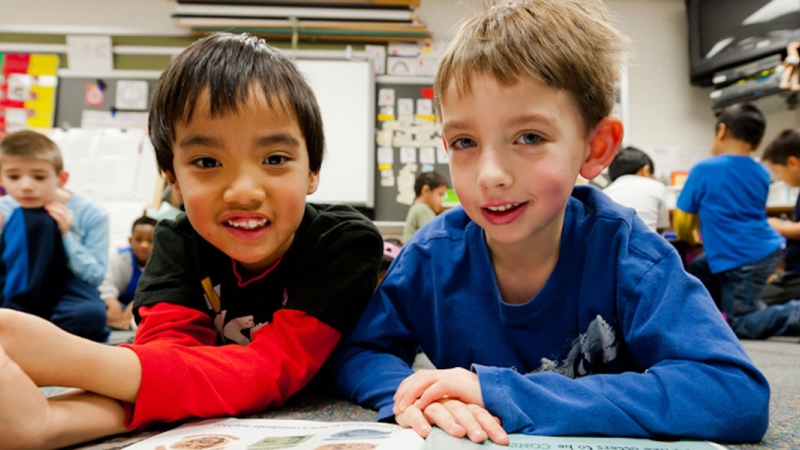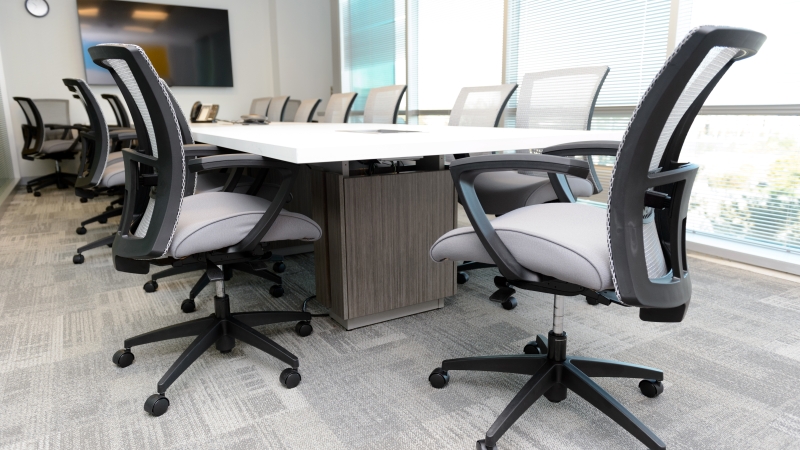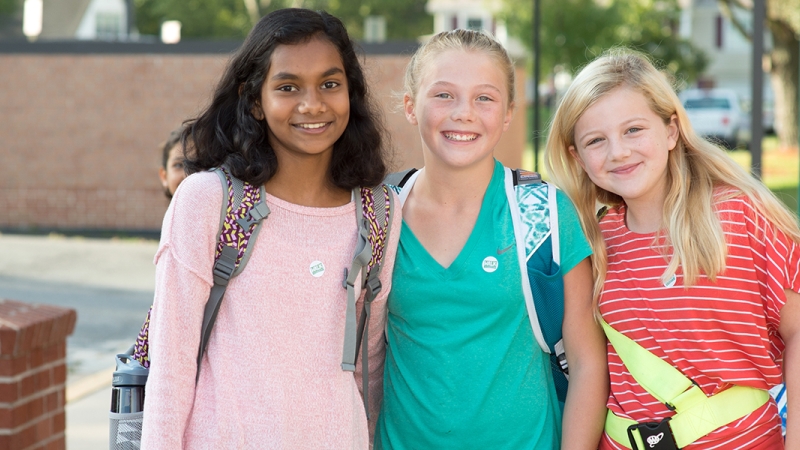
The Special Education Process
Our Special Education Handbook for Parents includes details of the special education process. This process occurs sequentially, over a period of time, with each step building upon the previous step(s). It is important for parents to understand how the special education process works, so they can effectively participate and collaborate with school staff members in making appropriate decisions regarding their child’s educational needs. Parents are an integral part of the decision-making team.
The Special Education Handbook for Parents is available in Arabic, Chinese, Korean, Spanish, Urdu, and Vietnamese.
Important Elements of the Special Education Process
- Referral: The process of informing a school that a student is experiencing some type of difficulty and/or may have special learning needs.
- Evaluation: The process of completing psychological, sociocultural, educational and other assessments, as appropriate, in all areas of a suspected disability.
- Eligibility: The process of determining whether your child meets specific criteria required to be found eligible as a child with a disability and in need of special education services.
- Individual Education Program (IEP) Development: A process that provides an opportunity for parents, the student (if appropriate), and educators to work together as team members to identify the student’s needs, to identify services that will be provided to meet those needs, and to describe the anticipated outcomes.
- Reevaluation: The reevaluation process applies to students who have previously been identified as being eligible for special education services and must be conducted every three years.
- Dismissal: The process undertaken by an eligibility committee to determine whether or not a student continues to qualify as a student with a disability and is no longer eligible for special education.
Additional Elements of the Special Education Process
- Least Restrictive Environment: Students who receive special education services are educated with their peers, to the greatest extent appropriate, while engaged in appropriate curriculum that allows for progress toward their IEP goals.
- Related Services: Specialized services such as speech, occupational or physical therapy, counseling or orientation, and mobility services, that the IEP team may determine are necessary for a student with a disability to successfully participate in his or her special education program.
- Additional Services:
- Adapted Physical Education (APE): APE is developmentally appropriate physical education that includes adapting or modifying the physical education curriculum to meet the individualized needs of students when their disabilities significantly impact the ability to participate in general physical education.
- Deaf/Hard-of-Hearing Services: Students who are Deaf or hard-of-hearing may be serviced by itinerant services for students attending the base schools and intensive services in three modalities in three center programs. Programs focus on access to instruction, self-advocacy, and development of content knowledge.
- Vision Services: Students who are vision impaired may be serviced by itinerant supports for students attending their base school in addition to the option for center based VI programs. Programming is designed to provide specialized instruction and resources to teachers and students that include specialized print material and low vision aids.
- Extended School Year (ESY) Services: Special education and/or related services provided beyond the normal school year of a public agency to provide a free, appropriate, public education (FAPE) to a student with a disability in accordance with the student’s IEP at no cost to the family.
- Assistive Technology Services (ATS): A section within the Office of Special Education Instruction that provides assistive technology support to FCPS students with disabilities who receive special education services and the staff members who support them.
- Positive Behavior Approaches (PBA): Two specific approaches, Positive Behavioral Interventions and Supports (PBIS) and Responsive Classroom©, have been promoted as practices used in the design of a school’s Positive Behavior Approach. Behavior Intervention Services provides comprehensive behavior intervention and support to school teams for students receiving general and special education services. In designated classrooms, Applied behavior analysis (ABA) is used to modify behaviors, teach new skills, and prepare students to function as independently as possible.
- Functional Behavioral Assessment (FBA) and Behavioral Intervention Plans (BIP): An FBA may be conducted and a BIP developed whenever a behavior demonstrated by a student significantly impedes the student’s learning and/or the learning of other students.
- Career and Transition Programs and Services (CTS): Transition planning is an ongoing and outcome-oriented process that is based on collaboration between students with disabilities, their families, the school, adult service personnel, and the community.
- The Participation of Students Who Receive Special Education Services in Virginia’s Accountability System: All students with disabilities are required to participate in the state’s accountability system. More specifically, students with disabilities are expected to participate in all content area assessments that are available to students without disabilities.
- Children placed in private schools by their parents: Students who are residents of Fairfax County but attend a private school in a different county should be referred to the public school closest to their private school in the county in which the private school is located.
- Discipline and Students with Disabilities: The Student Rights and Responsibilities Booklet (Regulation 2601) is sent home at the beginning of each school year and contains a section titled, Guidance for Parents of Students with Disabilities regarding Virginia regulations related to student discipline. Students with disabilities may be disciplined in the same ways as students without disabilities in most situations.
- The Appeals Process: Options for dispute resolution or appeal are described in the Virginia Special Education Procedural Safeguards Notice, titled Your Family’s Special Education Rights. The Virginia Special Education Procedural Safeguards Notice and its translations are available on the Forms Related to Special Education webpage. View Dispute Resolution Options for Students with Disabilities.
- Student Records: FCPS maintains student records in compliance with the laws of both the Commonwealth of Virginia and the federal government.
Special Education Handbook for Parents

Special Education Referral to Eligibility Meetings and Timeline
When a student is referred for special education services this timeline covers from the referral to the eligibility and Individualized Education Program (IEP) meetings.
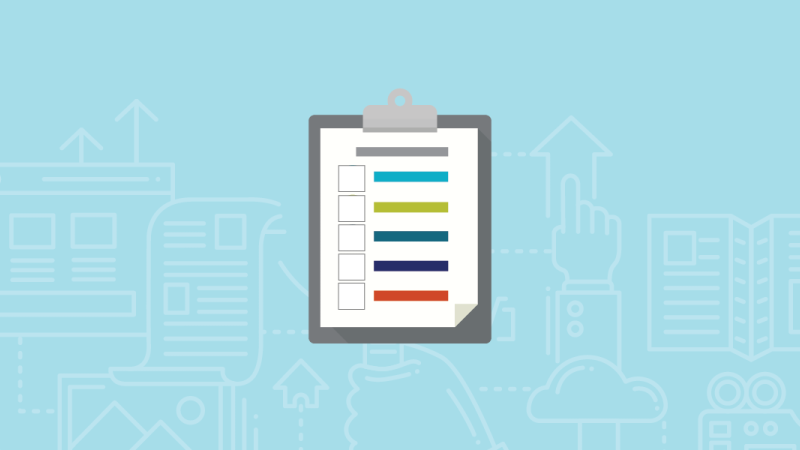
Forms Related to Special Education
Forms related to the eligibility process, the reevaluation process, and the Individualized Education Program (IEP). Additional forms related to the special education process are also included here.
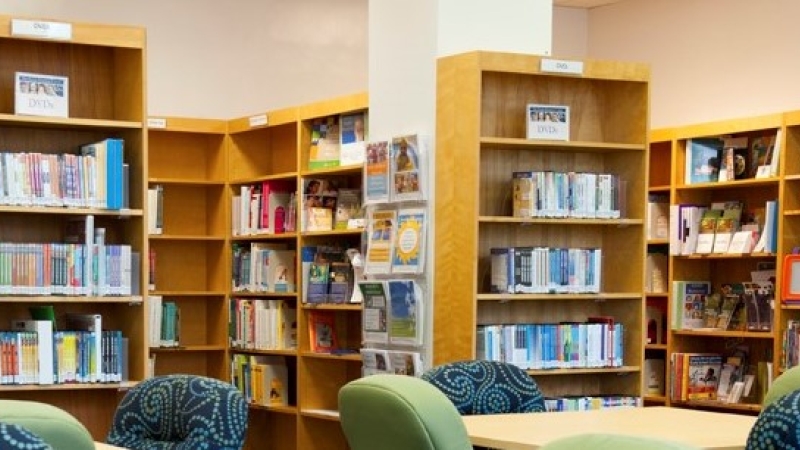
Family Resource Center
The Family Resource Center (FRC) offers free webinars, consultations, a lending library, and resources to help adults support the success of all students, including those with learning challenges, special needs, and disabilities. The center was formerly named the Parent Resource Center.

Special Education Procedural Support
Responsive, student-centered, collaborative guidance and leadership related to the implementation of and compliance with federal, state, and local regulations as they pertain to special education.
